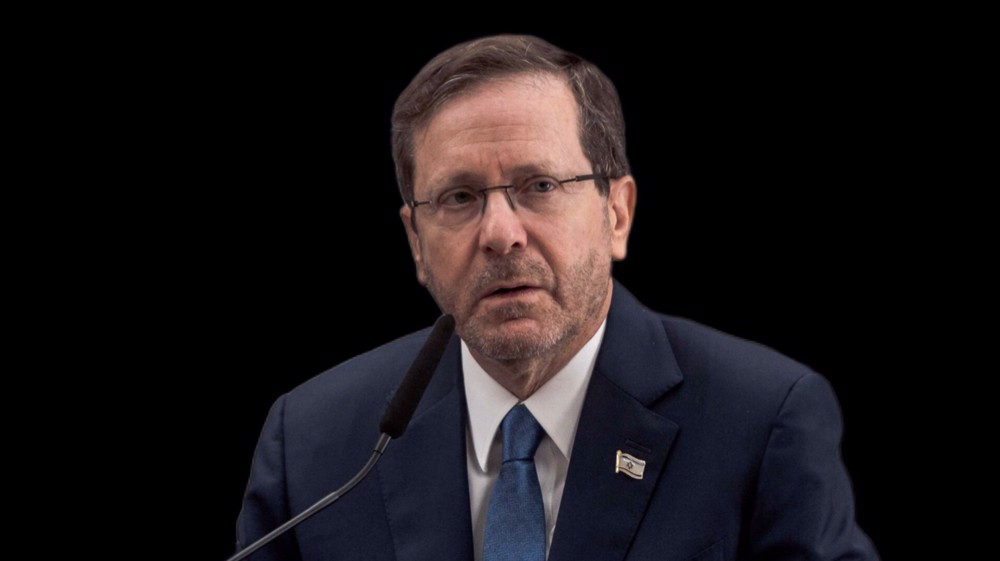Rohingya refugees in Bangladesh protest repatriation to Myanmar
Hundreds of Rohingya Muslim refugees at camps in southeast Bangladesh have protested against sending them back to Myanmar, where they fled a military crackdown.
"No, no, we won't go," hundreds of Rohingya protesters chanted in the Unchiprang camp in Bangladesh, near the Myanmar border, on Thursday.
Some angry demonstrators waved placards that said "We want justice" and "We will never return to Myanmar without our citizenship".
The Bangladeshi government had begun preparations to repatriate an initial batch of 2,200 Rohingya to Myanmar on Thursday but by late afternoon no refugees had been moved back across the border.
Myint Thu, permanent secretary at Myanmar's foreign affairs ministry, blamed Bangladesh for failing to send back the refugees but said it was still ready to accept them.
"Bangladesh side didn't transfer anyone until now. To be honest, Bangladesh is weak in following the physical arrangement."
Bangladesh and Myanmar government officials announced last month that they had struck a “very concrete” repatriation deal for the return of the 720,000 Rohingya refugees who fled a brutal military crackdown in August 2017, which would begin by “mid-November”.
The UN condemned the deal, with the UN refugee agency saying it has not been consulted about the plan.
Bangladesh has pledged not to force anyone to return and asked the UN High Commissioner for Refugees (UNHCR) to make sure those short-listed to return really want to go back.
On Tuesday, UN rights boss Michelle Bachelet called on Bangladesh to halt the repatriation plan, warning that lives would be put at "serious risk".
The UN human rights office continued to receive reports of ongoing violations committed against Rohingya in Myanmar - including alleged killings, disappearances and arbitrary arrests, Bachelet said.
Amnesty International on Monday stripped Myanmar’s de facto leader Aung San Suu Kyi of its most prestigious human rights prize over her failure to speak out about violence against the Rohingya, calling her posture a “shameful betrayal.”
Hundreds of thousands of Rohingya Muslims have been living for more than a year in cramped refugee camps in southeastern Bangladesh after fleeing violence in Rakhine at the hands of the Myanmar military.
The campaign against the Rohingya, which the UN has described as a textbook example of ethnic cleansing, has seen mass killings, torture, and gang-rape of the Muslims as well as arson attacks against their homes and farms in Rakhine.
Back in August, a UN investigation into the acts of violence in Myanmar concluded that the country’s military had committed the atrocities against the Rohingya Muslims with “genocidal intent.”
The Rohingya Muslims — who have lived in Myanmar for generations — are denied citizenship and are branded illegal immigrants from Bangladesh, which likewise denies them citizenship.
Trump tells India to buy Venezuelan oil instead of Iranian crude
UAE 'spy sheikh' invested in Trump-linked firm before his inauguration: Report
From Iraq war crimes to Gaza’s ‘board of peace’: Why Tony Blair belongs in The Hague
Iran considers European armies as terrorist groups: Parliament speaker
VIDEO | Arrests at Palestine demonstration in Frankfurt
Trump ‘disappeared’ 12-year-old girl, threatened to disappear another: Report
#IR47: How Iran’s Islamic Revolution continues to inspire anti-imperialist currents worldwide
VIDEO | Italians: EU no longer diplomatic broker but instrument of war












 This makes it easy to access the Press TV website
This makes it easy to access the Press TV website